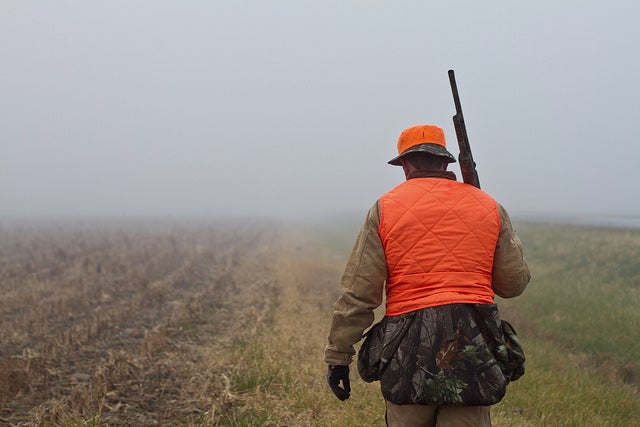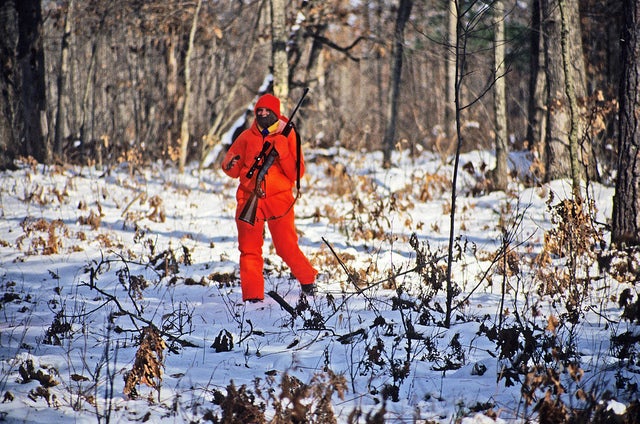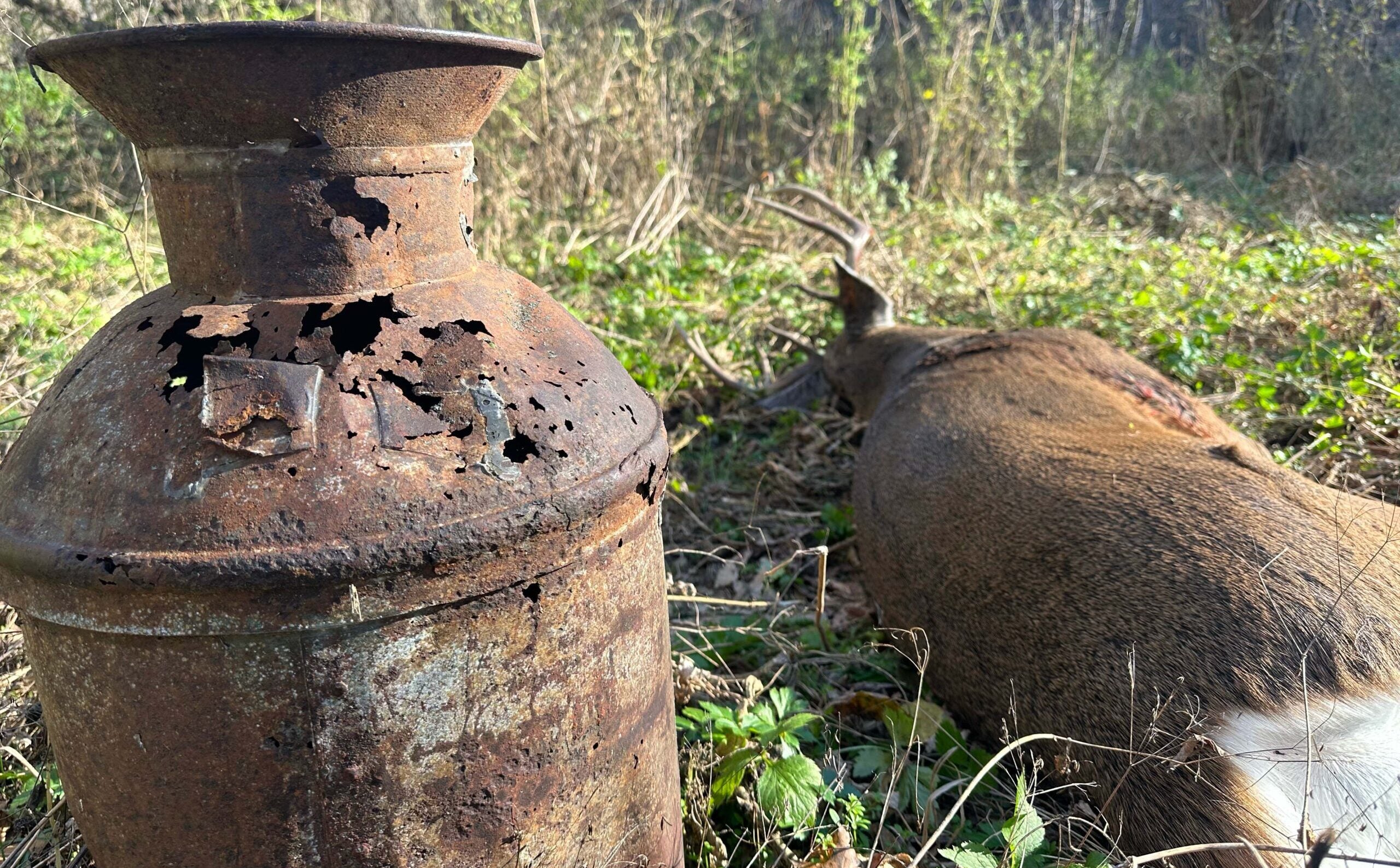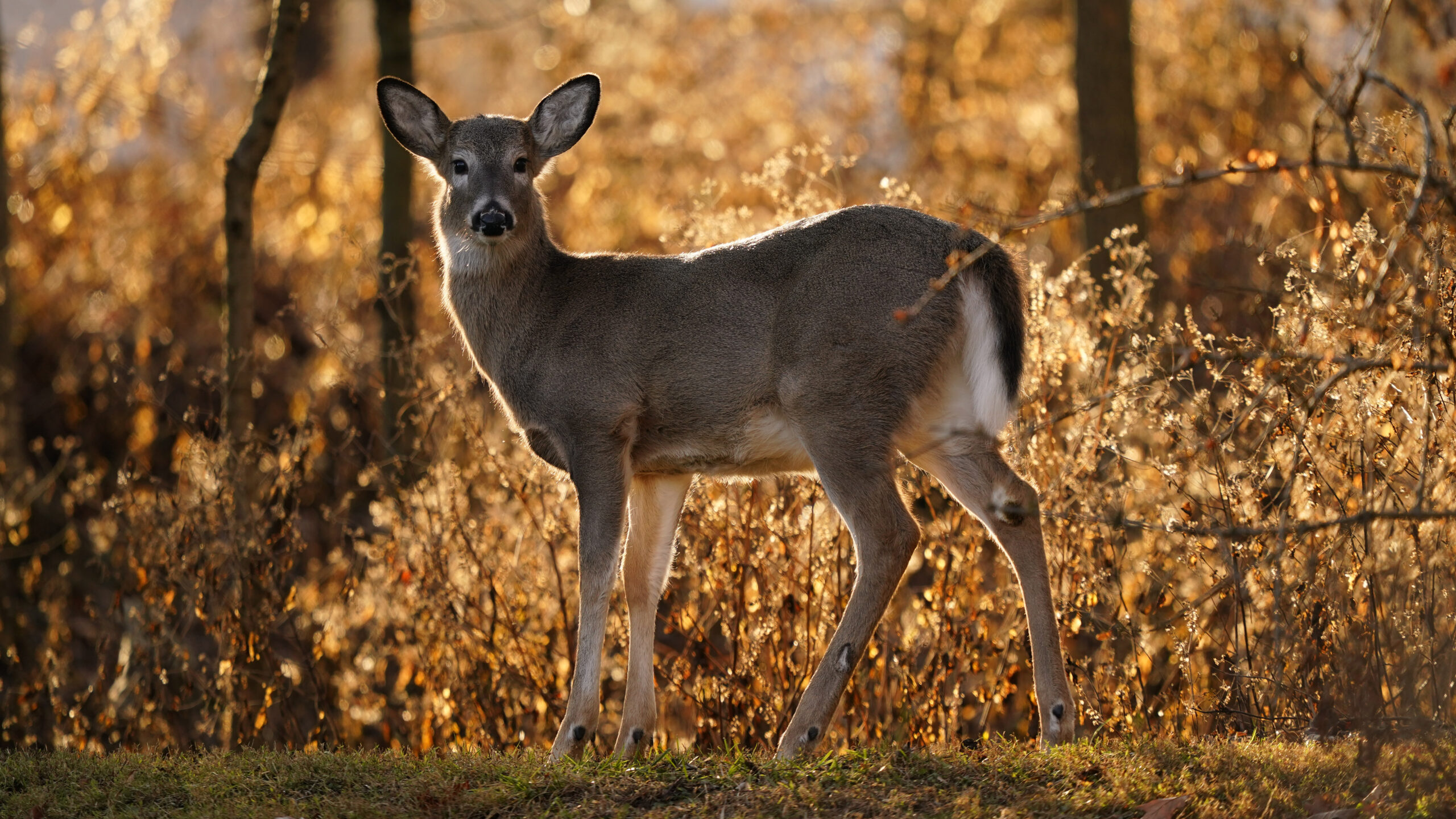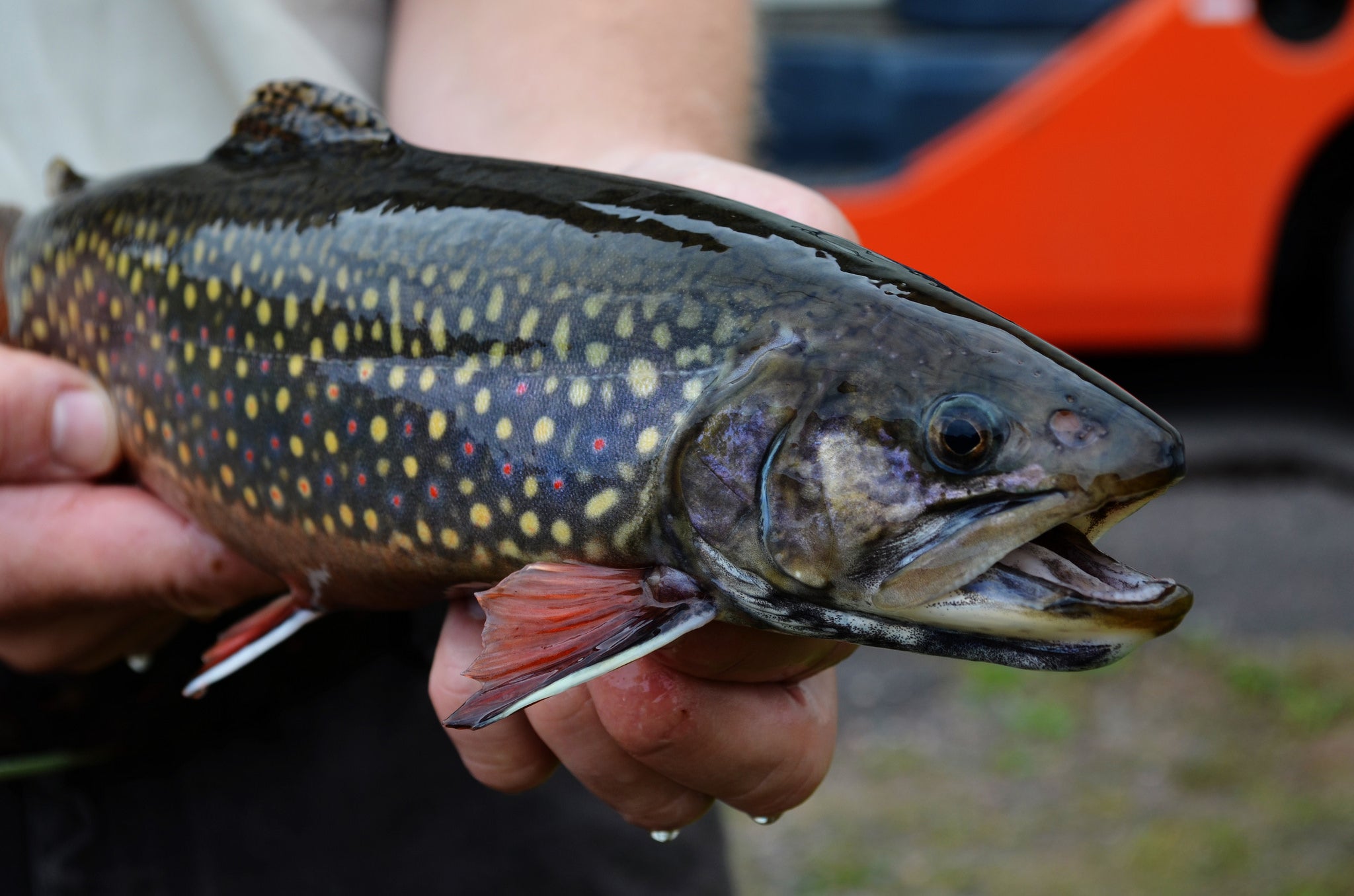After moving their spring hearings entirely online because of the COVID-19 pandemic, the Wisconsin Conservation Congress reported a record-setting 64,943 responses — double the previous record — on a variety of conservation issues ranging from baiting and feeding deer to extending the gun deer season.
A typical year may see 5,000 to 10,000 responses from citizens in-person at the public meetings, said Larry Bonde, chair of the Wisconsin Conservation Congress.
Last year, the first year an online questionnaire was available, there were 8,000 online responses, he said.
News with a little more humanity
WPR’s “Wisconsin Today” newsletter keeps you connected to the state you love without feeling overwhelmed. No paywall. No agenda. No corporate filter.
“I never would have thought,” Bonde said. “I think that we got extremely lucky that the Congress had the foresight to try something very new last year.”
Bonde said the Wisconsin Conservation Congress stands alone in the opportunity it gives citizens to weigh in on natural resources questions — and this year’s response shows Wisconsinites care deeply about the state.
In a normal year, all 72 counties would hold an in-person spring hearing. This year, citizens gave input online from April 13 to April 16.
Wisconsin is the only state in the nation with a natural resources advisory panel like the Conservation Congress. Five citizens from each county are elected to advise the Natural Resources Board, which sets policy for the state Department of Natural Resources.
This year, two proposals included extending the gun deer season to 19 days and moving the start date of the season to mid-November, though both proposals failed to pass, like similar attempts in the past.
Wisconsin, along with every state, has seen a decline in hunting participation over the years, though not quite as fast as many other states, Bonde said. Deer harvests in 2019 were lower than expected, he said. However, it was one of the latest season openers, given the date Thanksgiving fell on the calendar.
“I think that there’s a lot of anxiety and angst from people about how we’re going to continue to get people interested in our activities if they don’t harvest, and they don’t see deer,” he said. “I think it was an honest attempt to try to get some consensus on how we should recruit and retain some of our hunters.”
Hunting, by way of gun taxes and license fees, is the main source of funding for conservation efforts in Wisconsin. There have long been concerns about where funding will come from as participation dwindles.
“What we always forget is things are constantly changing,” Bonde said. “But we also know that there’s demands on people’s time in society now that … are sort of unprecedented.”
“Somehow we’ve got to turn that dial, and … we know people love the outdoors, we’ve just got to get them connected to our consumptive sports,” he continued.
Wisconsin Public Radio, © Copyright 2025, Board of Regents of the University of Wisconsin System and Wisconsin Educational Communications Board.

